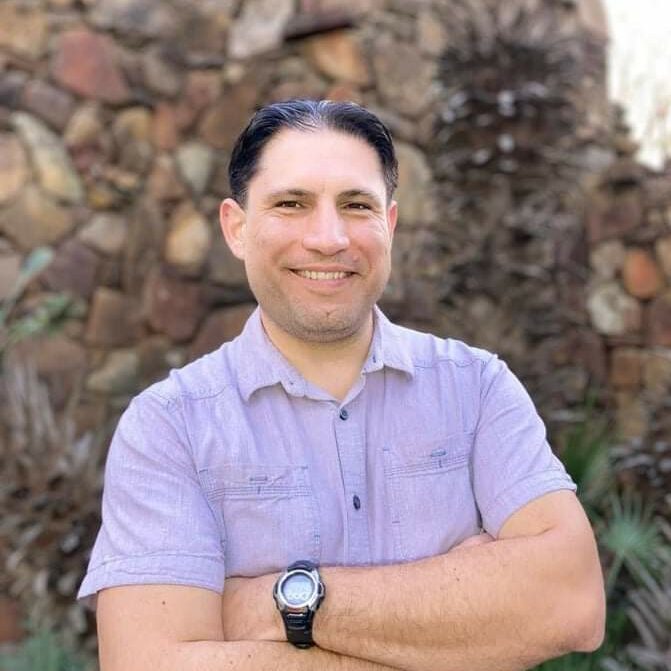Choosing to seek out support for your mental health can be challenging enough on its own, let alone navigating what all the terms and therapist qualifications mean.
That’s OK. We are here to help.
In this article, we will look at the differences between psychiatrists vs. therapists, so that you can make the best decision when choosing a mental health provider that suits your individual therapeutic needs.
What is a psychiatrist?
Essentially, a psychiatrist is a medical doctor who specializes in diagnosing and treating mental health disorders.
Just like a medical doctor who specializes in heart health is called a cardiologist, a medical doctor whose area of focus is the mind is called a psychiatrist.
Let’s take a closer look at a psychiatrist’s training, licensure, and specializations.
Psychiatrist specialized training and licensure requirements
According to the American Psychiatric Association, a psychiatrist is a medical doctor who has additional specialized training in mental health.
After graduating medical school, they must complete a four year psychiatry residency under the supervision of an experienced psychiatrist.
To become a “board certified” psychiatrist, they also have to pass an exam given by the American Board of Psychiatry and Neurology. In order to keep that certification, psychiatrists have to be re-certified every ten years.
Psychiatrist practice areas and specializations
Psychiatrists may choose to specialize in a specific area of care or patient population within the field of mental health.
For example, it’s very common for psychiatrists to choose between treating children and adolescents or specializing in adult psychiatry. They may also choose to specialize in treating specific issues, such as addiction and substance use disorders.
Beyond choosing a specialty, a psychiatrist is able to diagnose a wide variety of mental health disorders, such as depression, anxiety, and bipolar disorder, among others.
Because they are medical doctors with extensive medical knowledge and experience, psychiatrists can also prescribe medications. A psychiatrist may prescribe an antidepressant to a client with depression, similar to a primary care physician prescribing medications to treat high blood pressure.
How psychiatrists differ from other mental health providers
The use of medication to manage mental health disorders is the key clinical difference between a psychiatrist and a therapist, according to Deborah Harland, a licensed clinical social worker (LCSW at Grow Therapy who specializes in trauma recovery.
“The key difference is psychiatrists are medical doctors, in addition to having training in clinical psychology; therefore they often focus on prescribing medication and management of medication. Therapists do not have a medical degree and do not prescribe medication,” says Harland.
Just because therapists do not prescribe medication does not mean that they can’t help clients tremendously with their mental health. In fact, they can.
Let’s take an up-close look at therapists now.
What is a therapist?
A therapist is a trained mental health professional who holds either a master’s or doctoral degree in psychology, social work, or a similar field. They focus on providing different kinds of talk therapy to help their clients manage the mental issues they are facing.
Therapist specialized training and licensure requirements
Training and licensure requirements can vary significantly among therapists, and that is because therapists often focus on one particular client population or issue. Some focus on social work, family therapy, trauma, psychological testing, or other specialty areas.
However, there are key similarities in training that allow therapists to adequately manage mental health disorders.
To gain a better understanding of the training that therapists undergo, we spoke with Alan Deibel, a licensed clinical professional counselor (LCPC) with Grow Therapy who specializes in helping his clients manage anxiety, depression, addiction, and trauma.
According to Deibel, most therapists undergo extensive schooling and training with a large number of clinical hours being required, two years of supervised experience after graduation, and the passing of multiple licensing exams.
“As a therapist in Illinois, I have an LCPC. This required all of the above and took a total of about nine years to become fully licensed,” says Deibel.
Therapist practice areas and specializations
Therapists specialize in a variety of therapy types that allow them to help their clients in managing the troubling symptoms of mental health disorders. These areas of focus often include:
- Adults and children
- Marriage and family
- Addiction
- Trauma
- Social work
- Psychological testing
The goal of some therapies is to change behavior, while other therapies seek to explore where harmful thoughts are coming from and work on ways to change the associated thought patterns.
According to Harland, “The most common approach is ‘talk therapy’ or Cognitive Behavior Therapy (CBT), as it has been a gold standard for many decades.”
However, many other therapies are used depending on the disorder being treated and the goals of each client.
How therapists differ from other mental health providers
Therapists are highly skilled professionals who are able to determine which therapies are best for each client, and this is part of what makes them such specialized mental health providers.
When asked about how therapists help their clients without the use of prescription medicine, Deibel says, “Therapists focus their energy on talk therapy and providing new behavioral and cognitive tips and strategies to improve functioning and to cope with emotions.”
He goes on to say that therapists typically meet with their clients more often (once per week) and for longer durations (45 minutes to 1 hour) than do psychiatrists. This is because therapists focus on talk therapy while psychiatrists may focus on medication management.
It is worth noting, however, that oftentimes a combination of talk therapy and med management might provide the best results depending on a person’s situation.
How to choose between a psychiatrist and a therapist
Now that you understand the educational and clinical differences between psychiatrists vs. therapists, how do you decide which one to see?
Key differences between psychiatrists and therapists
Let’s start with a side-by-side comparison to get a better understanding of the differences between these professionals.
Education and licensure
| Psychiatrists | Therapists |
|
|
Differences in How Mental Health Disorders Are Viewed
Psychiatrists
Therapists
Differences in Disorders Treated and Treatment Modalities
Psychiatrists
Therapists
Factors to keep in mind when considering a psychiatrist vs. therapist
There is often considerable overlap between the education of mental health providers and the issues they treat.
For those who are unsure of what mental health professional to see, Deibel suggests this:
“If you are looking to start on a new medication but not quite ready to open up and talk about emotions, psychiatry would be a good place to start. If you have no interest in taking medication but you have some changes you would like to make to improve your life, a therapist is likely your best option. Pick a place to start, and the rest of the information will become more clear as you begin to take steps towards your wellness.”
Whichever practitioner you choose, they can help you determine your mental health needs and make referrals as needed.
If you start with a therapist and they think you could benefit from possible medication, they can make a referral for you to see a psychiatrist. And vice-versa, if you start with a psychiatrist and they think you would benefit from additional therapeutic talk, they can refer you to also see a therapist.
At the end of the day, the goal of each professional is to help you manage your mental health so that you can live your best life.
If you are ready to start taking care of your mental health, book a session with one of our licensed therapists today.

